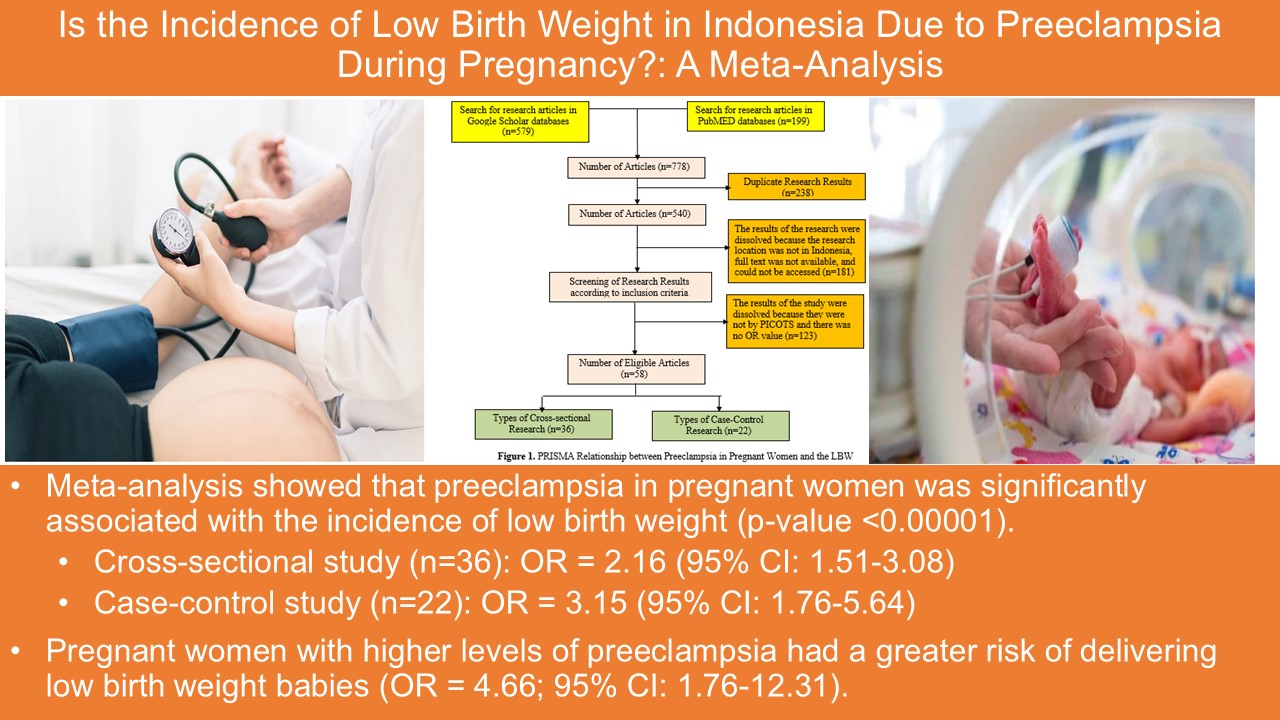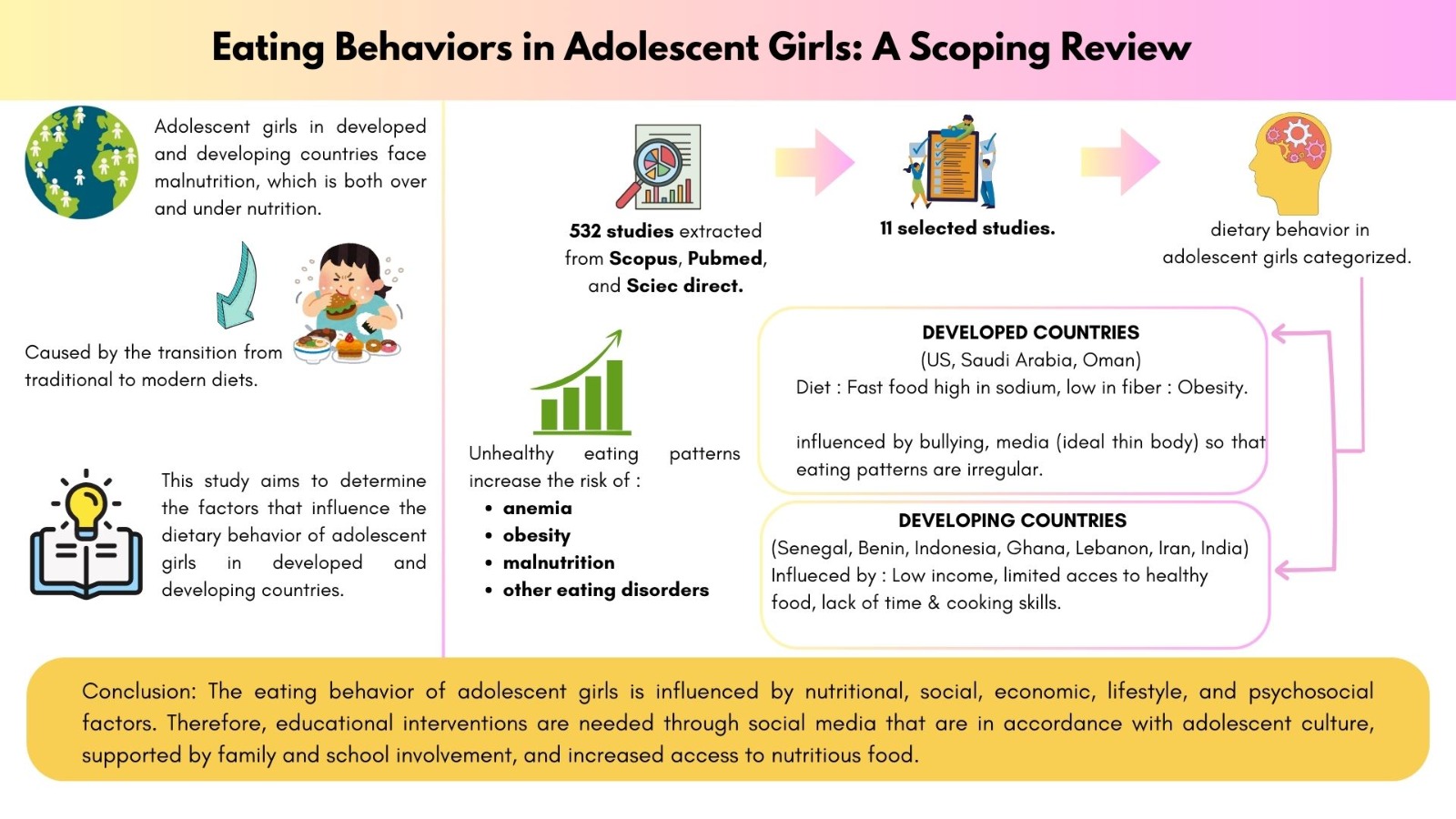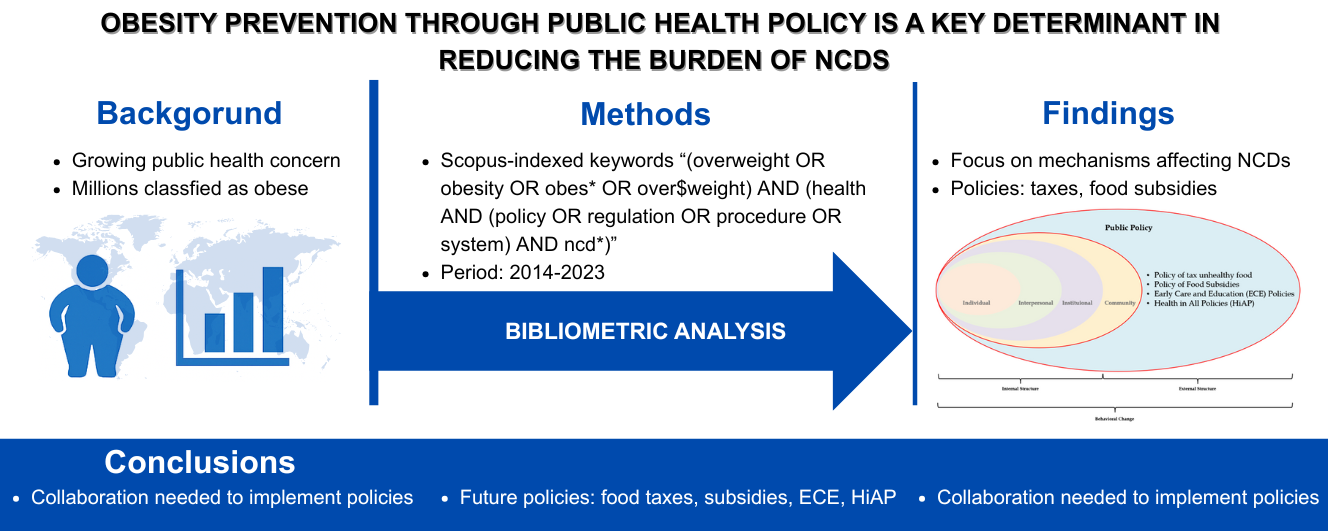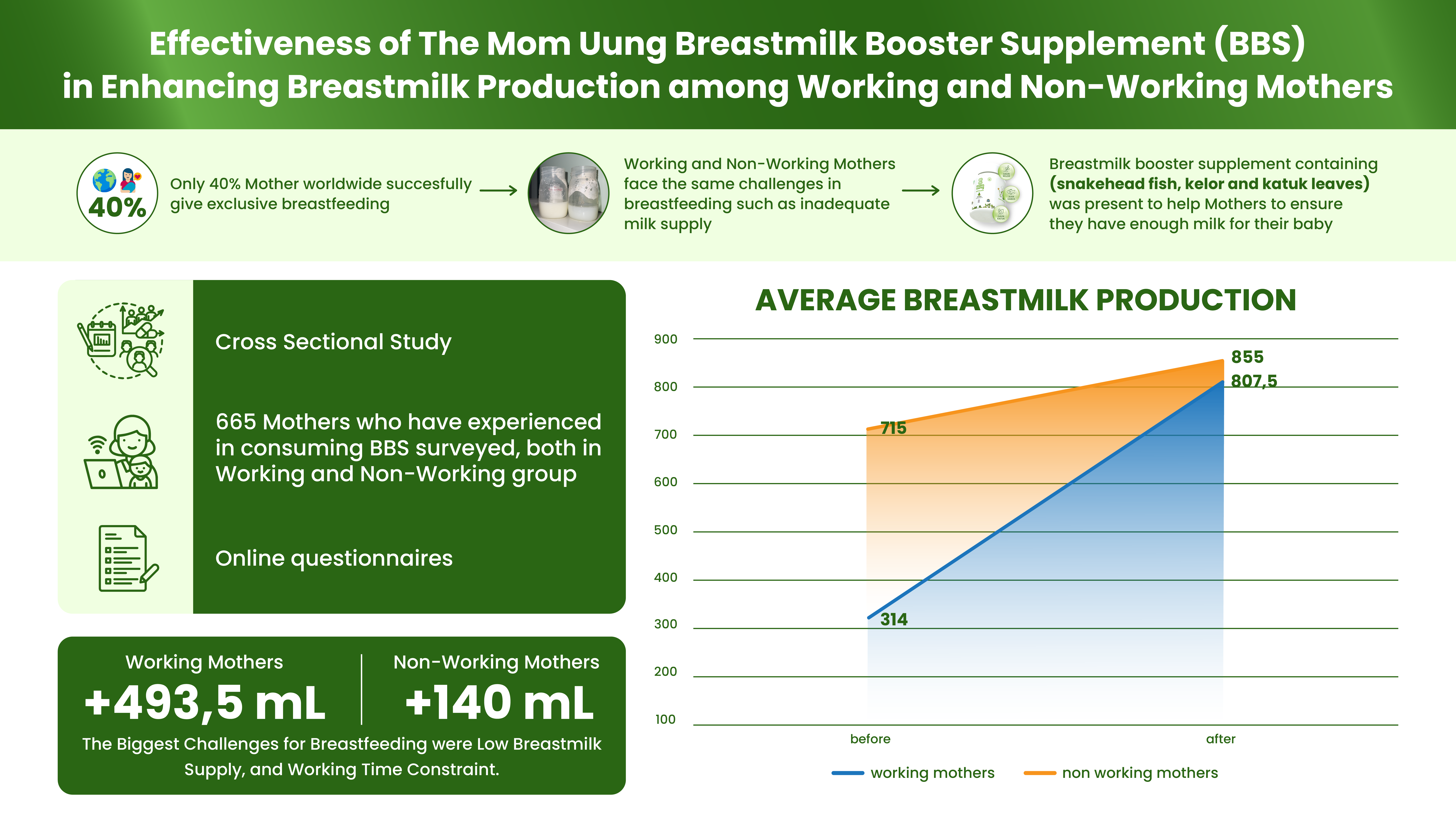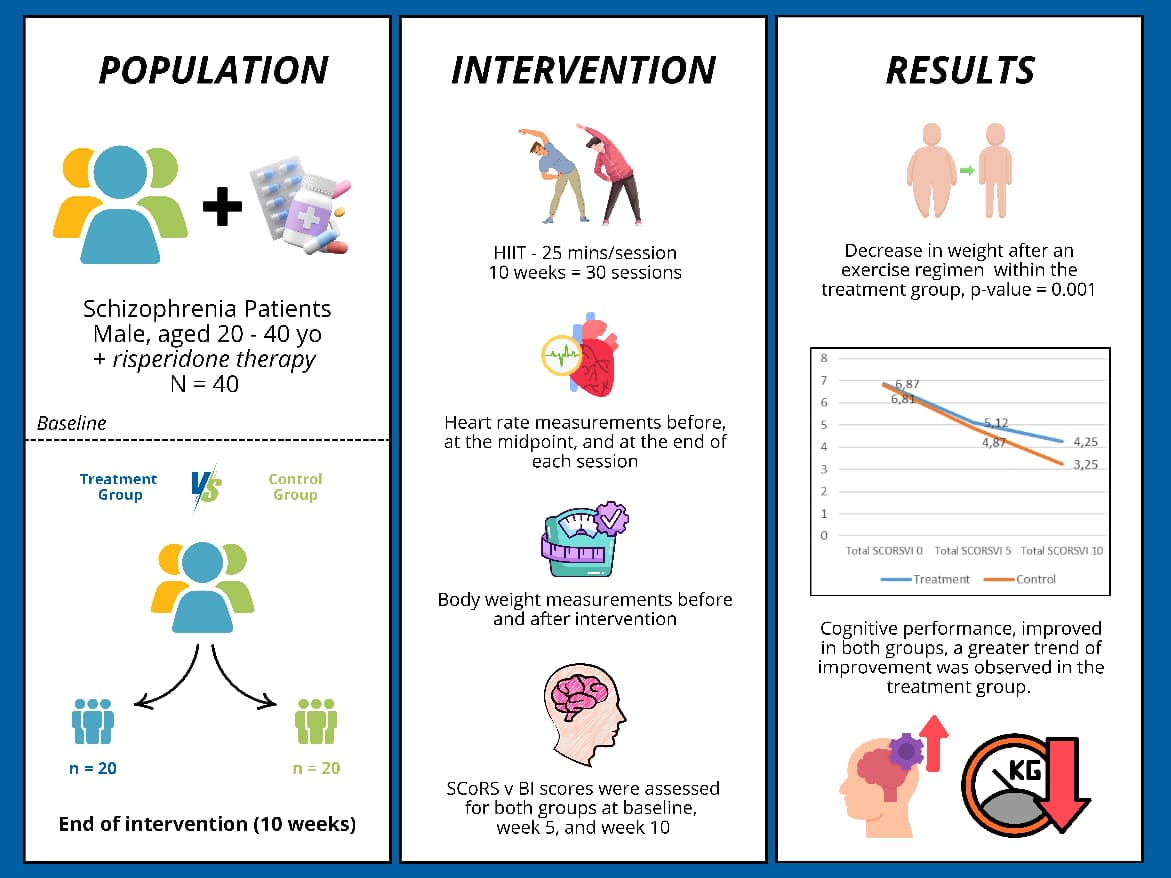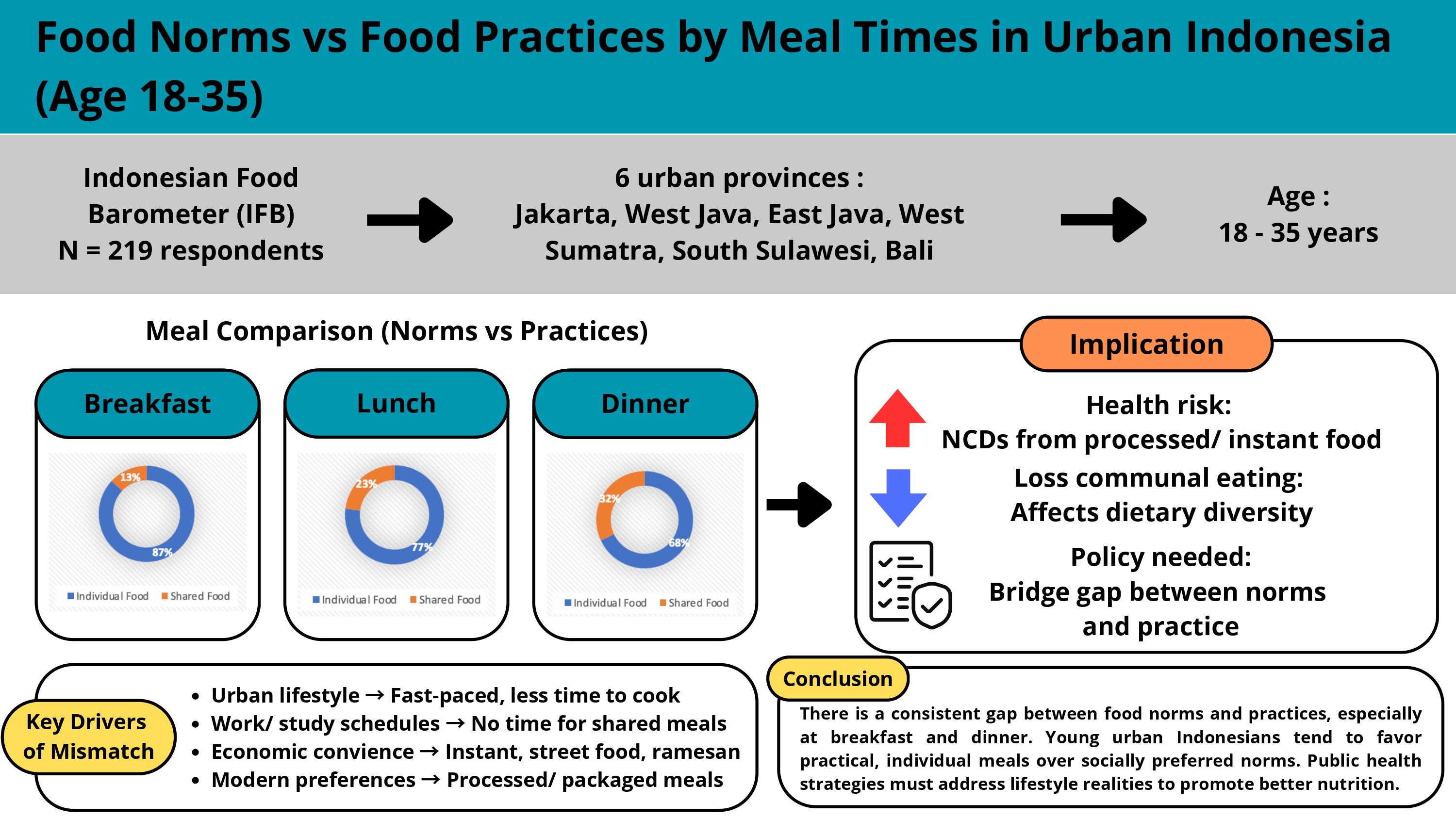Relationship Between Picky Eating Behavior and Level of Nutrient Adequacy in Preschool Children
Picky eating behavior or selective eating behavior in children poses a significant difficulty to parents during the preschool years of growth and development. This may have an impact on the range of foods that kids eat. Food variety restrictions will affect how much energy, protein, fat, and carbohydrates are consumed. This study was aimed to analyze the relationship between picky eating behavior and the level of nutrient adequacy in preschool children in Buduran District, Sidoarjo Regency. The method of this study was a cross-sectional study design involving 64 preschool children as respondents who were selected proportionally by random sampling method. Data were collected by completing the Child Eating Behavior Questionnaire (CEBQ) and Semi-Quantitative Food Frequency Questionnaire (SQ-FFQ). Data analysis was performed using the Spearman Rank Correlation test. The study found a significant correlation between picky eating behavior and carbohydrate adequacy (p=0.014). Specifically, 51.6% of the subjects exhibited picky eating behavior, and among them, a significant proportion had a carbohydrate intake classified as deficient. The findings underscore the importance of targeted nutritional interventions for children with picky eating behaviors to ensure balanced nutrient intake.
Adiputra, I. M. S., Yustikarini, N. L. A., Hana Yundari, A. A. I. D., Trisnadewi, N. W., & Oktaviani, N. P. W. (2021). Persepsi Guru Paud tentang Attention Deficit Hyperactivity Disorder (ADHD) pada Anak Usia Prasekolah (3-6 Tahun). Jurnal Akademika Baiturrahim Jambi, 10(1), 9-21. https://doi.org/10.36565/jab.v10i1.263
Astuti, Y., Magdalena, A., & Aisyaroh, N. (2023). Narrative Review: Faktor Faktor Yang Mempengaruhi Picky Eater Pada Anak Usia Prasekolah. Jurnal Pendidikan Sejarah Dan Riset Sosial Humaniora, 3(3), 207–214. Accessed from https://ejournal.penerbitjurnal.com/index.php/humaniora/article/view/301
Cahyani, A. S. D. (2019). Hubungan Riwayat Pemberian Makanan Pendamping ASI (MP-ASI) dengan Persepsi Perilaku Picky Eater pada Anak Usia 12-36 Bulan (Studi di Wilayah Kerja Sidotopo Surabaya). Amerta Nutrition, 3(3), 171-175. https://doi.org/10.20473/amnt.v3i3.2019.171-175
Cerdasari, C., Helmyati, S., & Julia, M. (2017). Tekanan untuk makan dengan kejadian picky eater pada anak usia 2-3 tahun. Jurnal Gizi Klinik Indonesia, 13(4), 170-178. https://doi.org/10.22146/ijcn.24169
Chao, H. C., & Chang, H. L. (2017). Picky Eating Behaviors Linked to Inappropriate Caregiver–Child Interaction, Caregiver Intervention, and Impaired General Development in Children. Pediatrics and Neonatology, 58(1), 22–28. https://doi.org/10.1016/j.pedneo.2015.11.008
Hardianti, R., Dieny, F. F., & Wijayanti, H. S. (2018). Picky eating dan status gizi pada anak prasekolah. Jurnal Gizi Indonesia (The Indonesian Journal of Nutrition), 6(2), 123–130. https://doi.org/10.14710/jgi.6.2.123-130
Horst, K. van der H., Deming, D. M., Lesniauskas, R., Carr, B. T., & Reidy, K. C. (2016). Picky eating: Associations with child eating characteristics and food intake. Appetite, 103, 286–293. https://doi.org/10.1016/j.appet.2016.04.027
Islami, M. Nurul. (2022). Gambaran Picky Eater Pada Anak Usia Toddler (1-3 Tahun) di Kelurahan Bangetayu Kulon Kota Semarang. (Undergraduate thesis, Universitas Islam Sultan Agung Semarang). Accessed from https://repository.unissula.ac.id/29975/
Kamumu, F., & Rakay, I. (2023). Hubungan Picky Eating dengan Kejadian Stunting Pada Anak Usia Prasekolah di Kecamatan Lau Kabupaten Maros. (Undergraduate thesis, STIK Stella Maris Makassar). Accessed from http://repository.stikstellamarismks.ac.id/261/
Kasenda, M. G., Sarimin, S., & Onibala, F. (2017). Hubungan Status Gizi Dengan Perkembangan Motorik Halus Pada Anak Usia Prasekolah Di Tk Gmim Solafide Kelurahan Uner Kecamatan Kawangkoan Induk Kabupaten Minahasa. Jurnal Keperawatan UNSRAT, 3(1), 1-8. https://doi.org/10.35790/jkp.v3i1.6744
Kusuma, H. S., Bintanah, S., & Handarsari, E. (2016). Tingkat Kecukupan Energi dan Protein pada Status Balita Pemilih Makan di Wilayah Kerja Puskesmas Kedungmundu Semarang. The 3rd Universty Research Colloquium, 557–564. Accessed from https://publikasiilmiah.ums.ac.id/xmlui/handle/11617/6828
Lailatul, M., & Ni’mah., C. (2015). Hubungan Tingkat Pendidikan, Tingkat Pengetahuan dan Pola Asuh Ibu dengan Wasting dan Stunting pada Balita Keluarga Miskin. Media Gizi Indonesia, 10(2015), 84–90. https://doi.org/10.20473/mgi.v10i1.84-90
Lida, K. S. (2016). Hubungan Pola Makan Dengan Status Gizi Anak Pra Sekolah Di Paud Tunas Mulia Claket Kecamatan Pacet Mojokerto. Midwiferia, 1(2), 69-78. https://doi.org/10.21070/mid.v1i2.350
Mansur, A. R. (2019). Tumbuh Kembang Anak Usia Prasekolah. Andalas University Pres 1(1). Accessed from http://repository.uinjkt.ac.id/dspace/bitstream/123456789/33035/1/Istiqomah Aprilaz-FKIK.pdf
Marfuah, D., Kusudaryati, D. P. D., & Kurniawati, N. (2023, January). Perbedaan Pendidikan Ibu, Pekerjaan Ibu dan Riwayat Pemberian MP ASI Pada Balita Stunting dan Non Stunting di Wilayah Puskesmas Trucuk II Klaten. Proceeding of The 16th University Research Colloquium, 292–305. Accessed from http://repository.urecol.org/index.php/proceeding/article/view/2445.
Mayar, F., & Astuti, Y. (2021). Peran Gizi Terhadap Pertumbuhan dan Perkembangan Anak Usia Dini. Jurnal Pendidikan Tambusai, 5(3), 9695–9704. Accessed from https://www.jptam.org/index.php/jptam/article/view/2545
Nadhirah, F., Taufiq, S., & Hernita. (2021). Hubungan Perilaku Picky Eater dengan Status Gizi pada Anak Usia Pra Sekolah di Taman Kanak-Kanak. Darussalam Indonesian Journal of Nursing and Midwifery, 1(1), 30–38. Accessed from http://jurnal.sdl.ac.id/index.php/dij/
Nisa, N. J., Wiratmo, P. A., & Marianna, S. (2021). Perilaku Picky Eater dan Status Gizi Anak. Inhrj, 01(02), 83–89. Accessed from https://lib.fikumj.ac.id/index.php?p=fstream-pdf&fid=24960&bid=6274
Purnamasari, A. R., & Adriani, M. (2020). Hubungan Perilaku Picky Eater Dengan Tingkat Kecukupan Protein dan Lemak pada Anak Prasekolah. Media Gizi Indonesia, 15(1), 31-37. https://doi.org/10.20473/mgi.v15i1.31-37
Puspita, A. L., Sukamto, E., & Utami, R. P. (2023). Hubungan Perilaku Picky Eating dan Aktivitas Fisik Dengan Status Gizi Anak Prasekolah di KB Paud Imanul Wafa Balikpapan. Jurnal Multidisiplin Indonesia, 2(8), 2178–2186. https://doi.org/10.58344/jmi.v2i8.429
Putri, A. N., & Muniroh, L. (2019). Hubungan Perilaku Picky eater dengan Tingkat Kecukupan Zat Gizi dan Status Gizi Anak Usia Prasekolah Di Gayungsari. Amerta Nutrition, 3(4), 151-158. https://doi.org/10.20473/amnt.v3i4.2019.232-238
Rusmiati, D. (2020). Penyuluhan Kesehatan Dalam Memilih Jajanan Sehat Untuk Anak. ARDIMAS: Jurnal Arsip Pengabdian Masyarakat, 1(1), 32–36. Accessed from https://ojs.fdk.ac.id/index.php/ESJ/article/view/2072
Sari, Y. D., & Rachmawati, R. (2020). Kontribusi Zat Gizi Makanan Jajanan Terhadap Asupan Energi Sehari Di Indonesia (Analisis Data Survey Konsumsi Makanan Individu 2014) [Food Away From Home (Fafh) Contribution of Nutrition To Daily Total Energy Intake in Indonesia]. Penelitian Gizi Dan Makanan (The Journal of Nutrition and Food Research), 43(1), 29–40. https://doi.org/10.22435/pgm.v43i1.2891
Widati, W., Nugraheni, P. A., Dikman, I. M., & Diarsvitri, W. (2024). Hubungan Pola Makan Ibu Saat Hamil Dengan Perilaku Picky Eater pada Anak Prasekolah di PG Dan RA Muslimat NU 60 Asy-Syuhada Pagerwojo Sidoarjo. Surabaya Biomedical Journal, 3(2), 81-88. Accessed from https://sub-biomed.org/index.php/sbj/article/view/77
Yulianar. (2022). Gambaran Perilaku Picky Eating (Pilih-Pilih Makanan) dan Status Gizi pada Anak Balita 3-5 Tahun di Wilayah Kerja Puskesmas Lambuya Kec. Lambuya. (Undergraduate thesis, Politeknik Kesehatan Kendari.). Accessed from http://repository.poltekkes-kdi.ac.id/3304/1/TUGAS AKHIR YULIANAR FIX.pdf.

This work is licensed under a Creative Commons Attribution-NonCommercial-ShareAlike 4.0 International License.
- MEDIA GIZI INDONESIA Journal is the copyright owner of all materials published on this website.
- The formal legal provisions for access to digital articles of this electronic journal are subject to the terms of the Creative Commons Attribution-NonCommercial-ShareAlike license (CC BY-NC-SA 4.0), which means that MEDIA GIZI INDONESIA Journal and readers reserve the right to save, transmit media / format, manage in database, maintain, and publish articles as long as it continues to include the name of the Author.
- Printed and published print and electronic manuscripts are open access for educational, research and library purposes. In addition to these objectives, the editorial board shall not be liable for violations of copyright law.


2.png)















